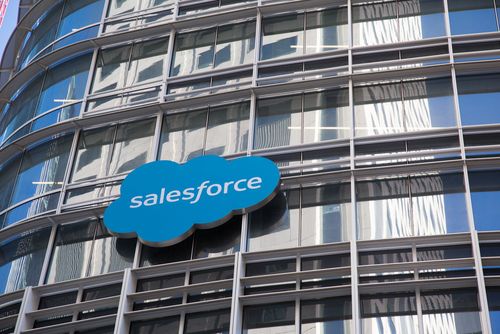
This has a been a month full of blockchain partnerships and corporate offerings. In mid-May, Consensys announced their plans to team up with Microsoft and LVMH to build a verification platform for luxury goods. This type of supply-chain management has long been discussed as a potential use case, so seeing one of the top luxury brands in the world embrace it is a true sign of progress.
The technology is able to detect the unique information about the product and store it on a shared ledger. An app will then be released that will help owners obtain a certificate of authenticity.
Within the industry, Binance announced a partnership with lending company Cred in order to offer borrowing services for cryptocurrency. Cred will be partially brought onto the Binance blockchain, and its “borrow” and “earn” services will be offered in a more frictionless manner to these customers.
With over $300 million in lending capital, Cred represents a unique way of linking fiat currencies and cryptocurrencies. Users can use their cryptocurrency as collateral to borrow fiat currencies, or earn interest on their deposits. A few weeks ago, Binance announced the release of margin trading accounts, and this seems like a strong complementary service.
Big Tech Expanding Their Reach
In other news, Salesforce, one of the most well-known SaaS technology companies in the world, has announced their own blockchain platform. On May 29th, they announced that their own application, Salesforce Lightning would be using Hyperledger to create Salesforce Blockchain. The basic purpose would be to allow companies to build smart contracts, apps, and networks using distributed ledger technology.
This advancement in their technology platform will also allow them to enable a large number of processes using artificial intelligence. This is all enabled by Hyperledger’s recent introduction of tools that help to improve the interoperability of blockchain-based data. Salesforce Blockchain has already been rolled out to S&P Global, IQVIA, and Arizona State University.
The Banks Get Involved
Finally, RBS and Barclays have implemented a blockchain process that minimizes the number of parties involved in real estate transactions. This is expected to sharply cut down on fees and make the transactions go much faster.
Until now, transactions would be executed using approximately 8 different parties (on top of the buyer and seller) and through paperwork. This centralized process is more costly and results in more errors, so the decentralized method is welcomed if it can solve these problems. Essentially, it depends upon a distributed registry that handles all the agreements, data storage, and escrow accounts. Then, the bank and insurance company can go through the registry more quickly to satisfy their part of the deal. It is estimated this will bring the time to do a transaction down from 3 months to 3 weeks.
This week, Barclays also announced they had contributed to the $5.5 million raise by Crowdz, a B2B startup. This startup aims to capture the receivables market by creating a blockchain-based service that automatically digitizes invoices with the goal of speeding up collection times.
What many of these innovations seems to ignore is that blockchain isn’t always necessary. Using blockchain isn’t an innovation in itself and it won’t be appropriate for all use cases. The reason why so many people are buying Bitcoin is because they believe it to be a better alternative to the USD, not just because it is on a blockchain.

